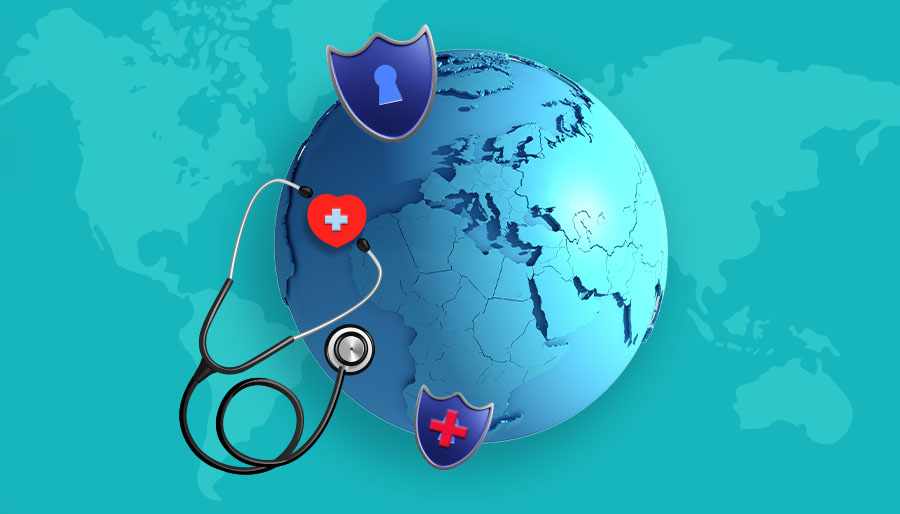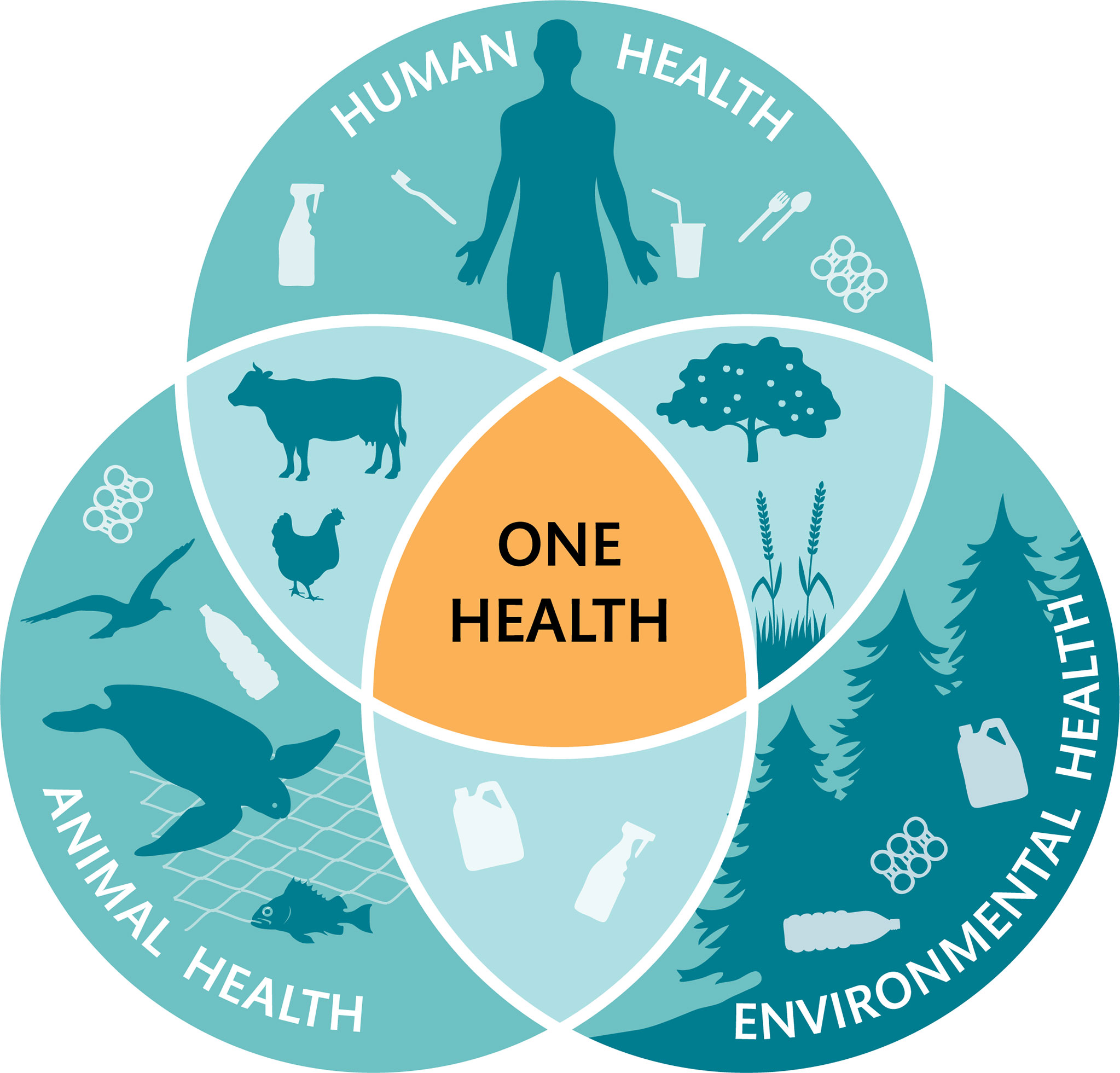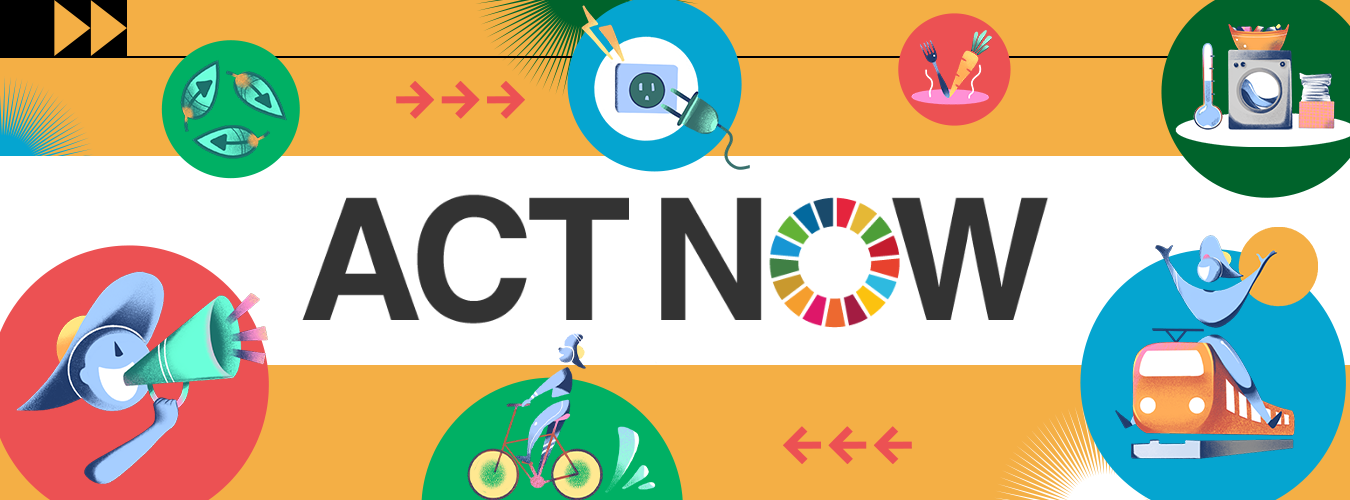How do we protect our health and that of the planet
 The human race and the planet Earth exist in a delicate dance. Our health and well-being are intricately linked to the health of the environment we inhabit. The air we breathe, the water we drink, and the food we eat – all are gifts from a healthy planet. But our actions can disrupt this balance, leading to a decline in both environmental and human health.
The human race and the planet Earth exist in a delicate dance. Our health and well-being are intricately linked to the health of the environment we inhabit. The air we breathe, the water we drink, and the food we eat – all are gifts from a healthy planet. But our actions can disrupt this balance, leading to a decline in both environmental and human health.
The good news is, there are solutions. By adopting a more sustainable lifestyle and advocating for systemic change, we can create a future where protecting our health and the planet go hand in hand.
The Interconnectedness of Health and Environment
 The environment impacts our health in numerous ways. Here are some key connections:
The environment impacts our health in numerous ways. Here are some key connections:
- Air Quality: Air pollution, caused by burning fossil fuels and industrial processes, is a major health threat. It contributes to respiratory illnesses such as asthma, chronic obstructive pulmonary disease (COPD), and even lung cancer.
- Climate Change: Rising global temperatures due to greenhouse gas emissions are leading to more extreme weather events, heatwaves, and flooding. These events can cause physical injuries, mental health problems, and disrupt food and water security.
- Water Quality: Contaminated water, caused by pollution from agriculture and industrial waste, can lead to a variety of waterborne diseases such as cholera, typhoid, and diarrhea. Additionally, access to clean water is essential for basic hygiene and sanitation.
- Food Security: Climate change and unsustainable agricultural practices are putting a strain on food production. This can lead to malnutrition, particularly in vulnerable populations, and contribute to non-communicable diseases like obesity and diabetes.
Taking Action: Individual Choices for a Healthier Planet
 While the challenges seem daunting, there are many actions we can take as individuals to make a difference:
While the challenges seem daunting, there are many actions we can take as individuals to make a difference:
- Diet: Reducing our consumption of red meat, particularly beef and lamb, has a significant environmental impact. Meat production requires a lot of land, water, and resources. Consider incorporating more plant-based proteins like beans, lentils, and tofu into your diet. Additionally, choosing locally-sourced, seasonal produce reduces transportation emissions and supports local farmers.
- Transportation: Walking, cycling, and using public transportation whenever possible are all excellent ways to reduce reliance on cars and decrease air pollution. Consider carpooling for work or errands, and explore electric vehicle options as technology continues to develop.
- Energy Use: Simple changes at home can have a big impact. Turning off lights and electronics when not in use, using energy-efficient appliances, and switching to renewable energy sources like solar power can significantly reduce your carbon footprint.
- Water Conservation: Be mindful of your water usage. Take shorter showers, fix leaky faucets, and water your lawn efficiently. Every drop saved helps to conserve this precious resource.
- Reduce, Reuse, Recycle: This timeless mantra is more relevant than ever. Minimize waste by buying fewer disposable goods. Opt for reusable shopping bags, coffee mugs, and water bottles. Recycle properly, and avoid single-use plastics whenever possible.
Beyond Individual Action: Systemic Change is Needed
While individual choices are important, achieving true environmental sustainability requires systemic change. Here's how we can advocate for a healthier planet:
- Support Sustainable Businesses: Seek out companies that prioritize environmental responsibility. Look for products with eco-friendly certifications and invest in businesses committed to renewable energy and sustainable practices.
- Hold Elected Officials Accountable: Make your voice heard! Advocate for policies that promote clean energy, sustainable agriculture, and environmental protection. Vote for candidates who prioritize these critical issues.
- Spread Awareness: Educate yourself and others about the importance of environmental health. Share information and resources with friends and family, and participate in community initiatives that promote sustainability.
Investing in a Healthier Future
By making conscious choices in our daily lives and advocating for systemic change, we can create a healthier planet for ourselves and future generations. Remember, even small changes can have a ripple effect. When millions of people make small shifts towards sustainability, the collective impact is significant.
Protecting our environment isn't just about saving the planet; it's about investing in our own well-being. By creating a cleaner, healthier environment, we can improve air quality, ensure access to clean water and nutritious food, and create a more resilient planet that can support human life for generations to come. Let's embrace the interconnectedness of our health and the planet, and work together to create a future where both can thrive.
References
- World Health Organization: https://www.who.int/campaigns/world-health-day/2022/recommended-actions-to-protect-our-planet-our-health
- The World Bank: https://www.worldbank.org/en/topic/environment/overview
- The United Nations Environment Programme (UNEP):




































